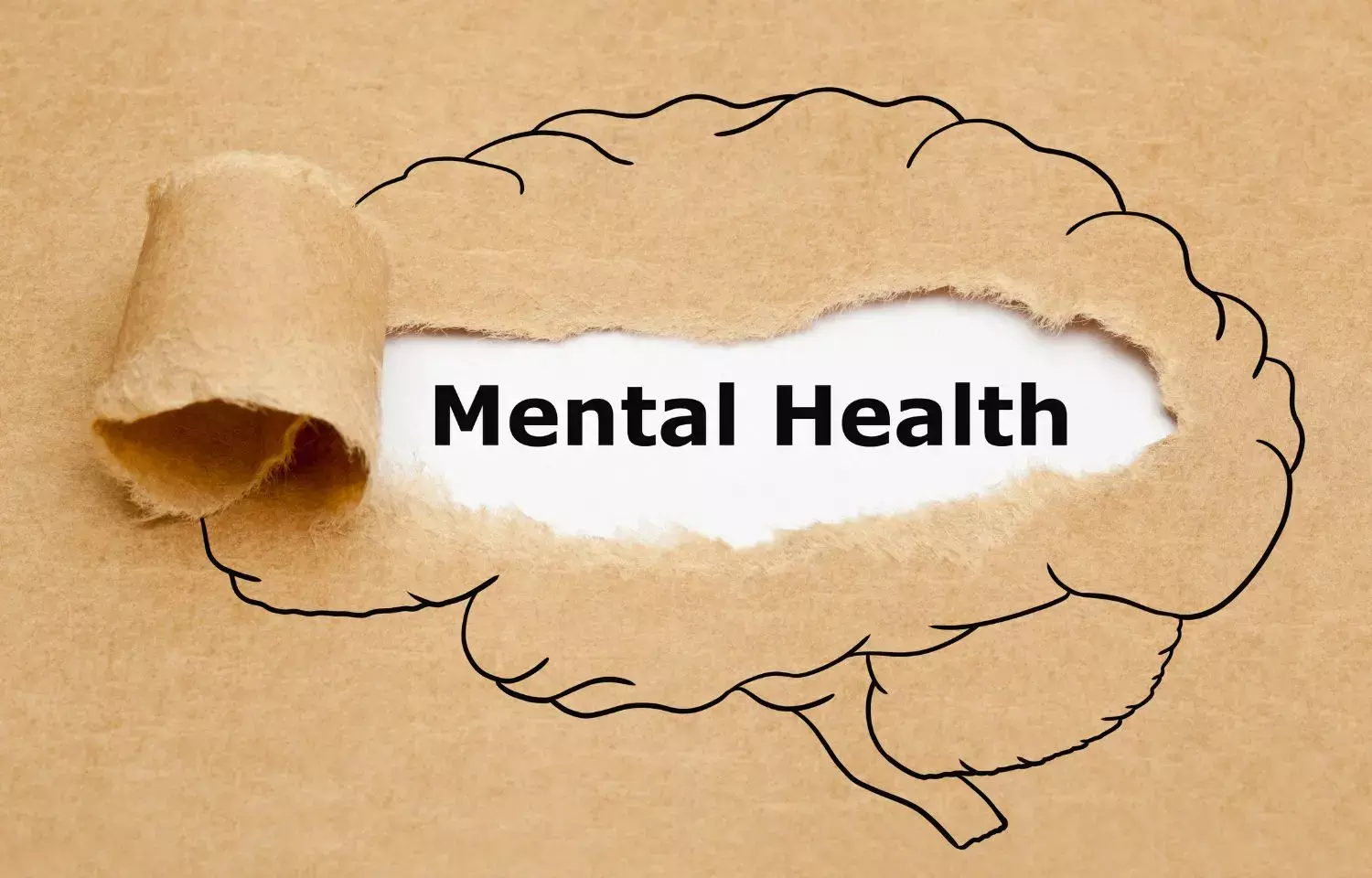- Home
- Medical news & Guidelines
- Anesthesiology
- Cardiology and CTVS
- Critical Care
- Dentistry
- Dermatology
- Diabetes and Endocrinology
- ENT
- Gastroenterology
- Medicine
- Nephrology
- Neurology
- Obstretics-Gynaecology
- Oncology
- Ophthalmology
- Orthopaedics
- Pediatrics-Neonatology
- Psychiatry
- Pulmonology
- Radiology
- Surgery
- Urology
- Laboratory Medicine
- Diet
- Nursing
- Paramedical
- Physiotherapy
- Health news
- Fact Check
- Bone Health Fact Check
- Brain Health Fact Check
- Cancer Related Fact Check
- Child Care Fact Check
- Dental and oral health fact check
- Diabetes and metabolic health fact check
- Diet and Nutrition Fact Check
- Eye and ENT Care Fact Check
- Fitness fact check
- Gut health fact check
- Heart health fact check
- Kidney health fact check
- Medical education fact check
- Men's health fact check
- Respiratory fact check
- Skin and hair care fact check
- Vaccine and Immunization fact check
- Women's health fact check
- AYUSH
- State News
- Andaman and Nicobar Islands
- Andhra Pradesh
- Arunachal Pradesh
- Assam
- Bihar
- Chandigarh
- Chattisgarh
- Dadra and Nagar Haveli
- Daman and Diu
- Delhi
- Goa
- Gujarat
- Haryana
- Himachal Pradesh
- Jammu & Kashmir
- Jharkhand
- Karnataka
- Kerala
- Ladakh
- Lakshadweep
- Madhya Pradesh
- Maharashtra
- Manipur
- Meghalaya
- Mizoram
- Nagaland
- Odisha
- Puducherry
- Punjab
- Rajasthan
- Sikkim
- Tamil Nadu
- Telangana
- Tripura
- Uttar Pradesh
- Uttrakhand
- West Bengal
- Medical Education
- Industry
Being lonely, unhappy and disturbed sleep accelerates pace of aging

Molecular damage occurs to everyone and contributes to aging but in some people these molecular processes are more intense leading to accelerated aging.
Deep Longevity with US and Chinese scientists have found in a new study that being lonely, having restless sleep, or feeling unhappy increases pace of aging significantly.
The study has been published in Aging-US.
The article features a new aging clock trained and verified with blood and biometric data of 11,914 Chinese adults. This is the first aging clock to be trained exclusively on a Chinese cohort of such volume.
Aging acceleration was detected in people with a history of stroke, liver and lung diseases, smokers, and most interestingly, people in a vulnerable mental state. In fact, feeling hopeless, unhappy, and lonely was shown to increase one's biological age more than smoking. Other factors linked to aging acceleration include being single and living in a rural area (due to the low availability of medical services).
The authors of the article conclude that the psychological aspect of aging should not be neglected either in research or in practical anti-aging applications. According to Manuel Faria from Stanford University.
Reference:
Fedor Galkin, Kirill Kochetov, Diana Koldasbayeva, Manuel Faria, Helene H. Fung, Amber X. Chen, Alex Zhavoronkov, https://doi.org/10.18632/aging.204264 Aging-USAging-US
Dr Kamal Kant Kohli-MBBS, DTCD- a chest specialist with more than 30 years of practice and a flair for writing clinical articles, Dr Kamal Kant Kohli joined Medical Dialogues as a Chief Editor of Medical News. Besides writing articles, as an editor, he proofreads and verifies all the medical content published on Medical Dialogues including those coming from journals, studies,medical conferences,guidelines etc. Email: drkohli@medicaldialogues.in. Contact no. 011-43720751


